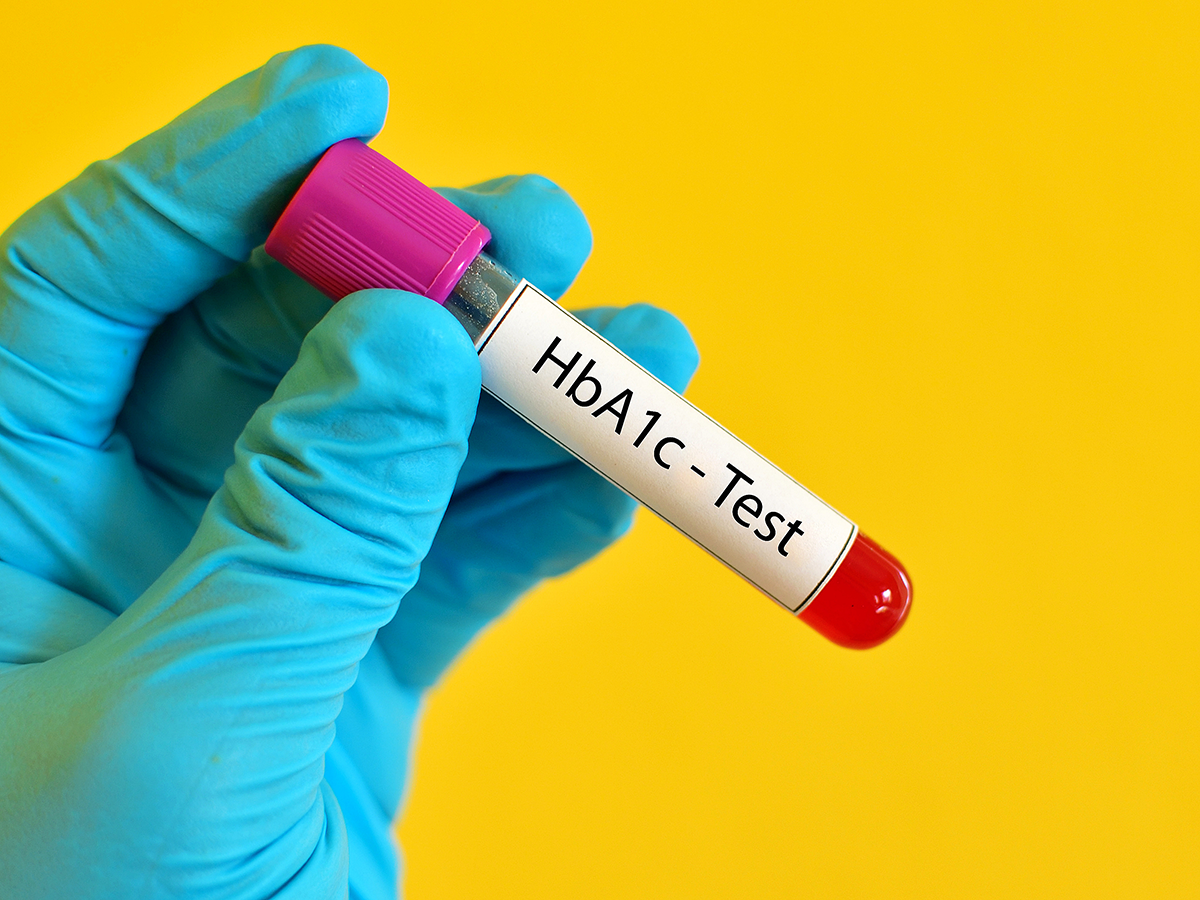A big part of managing diabetes is managing your blood sugar.
 When it comes to managing diabetes, blood sugar is critical. Type 1 and type 2 diabetes are both caused by issues with how the body deals with insulin, a hormone made by the pancreas that helps blood sugar enter the body’s cells to be used as energy.
When it comes to managing diabetes, blood sugar is critical. Type 1 and type 2 diabetes are both caused by issues with how the body deals with insulin, a hormone made by the pancreas that helps blood sugar enter the body’s cells to be used as energy.
In type 1 diabetes, the pancreas does not make enough insulin. Without insulin, blood sugar doesn’t enter the cells and just builds up in the bloodstream. The buildup results in high blood sugar.
In type 2 diabetes, the body experiences insulin resistance, meaning cells do not properly respond to insulin. To compensate, the pancreas makes more insulin, but it can’t keep up with demand and, again, blood sugar rises.
Whether you have type 1 or type 2 diabetes, a major component of managing your condition lies in managing your blood sugar. High blood sugar causes many of the symptoms and complications of diabetes.
Here are five keys to managing your blood sugar:
- Follow your doctor’s treatment orders. Your blood sugar targets can vary depending on age and other factors. Talk to a doctor about treatment options to manage diabetes and blood sugar.
- Get, and use, a blood sugar meter. This blood test gives current blood sugar levels. According to the CDC, a healthy blood sugar target is 80 to 130 mg/dL after a meal and less than 180 mg/dL two hours after the start of a meal.
- Follow your diabetes meal plan. Foods high in sugar and carbs can make your blood sugar spike. Keep track of food that makes your blood sugar levels go up or down.
- Get an A1C test. This blood tests calculates your average blood sugar over the past three months. The goal for most adults with diabetes is an A1C of less than 7%. This test can help determine if you need to make lifestyle changes and whether treatment is working over time.
- Know when to act. If your blood sugar is lower than 70 mg/dL, it needs to be increased, perhaps by taking glucose tablets or drinking a small amount of fruit juice or regular soda. If you’re ill and your blood sugar is 240 mg/dL or above, use an over-the-counter ketone test kit to check your urine for ketones. High ketones can be a sign of diabetic ketoacidosis, which is a medical emergency. Seek immediate care if you have high ketones.
